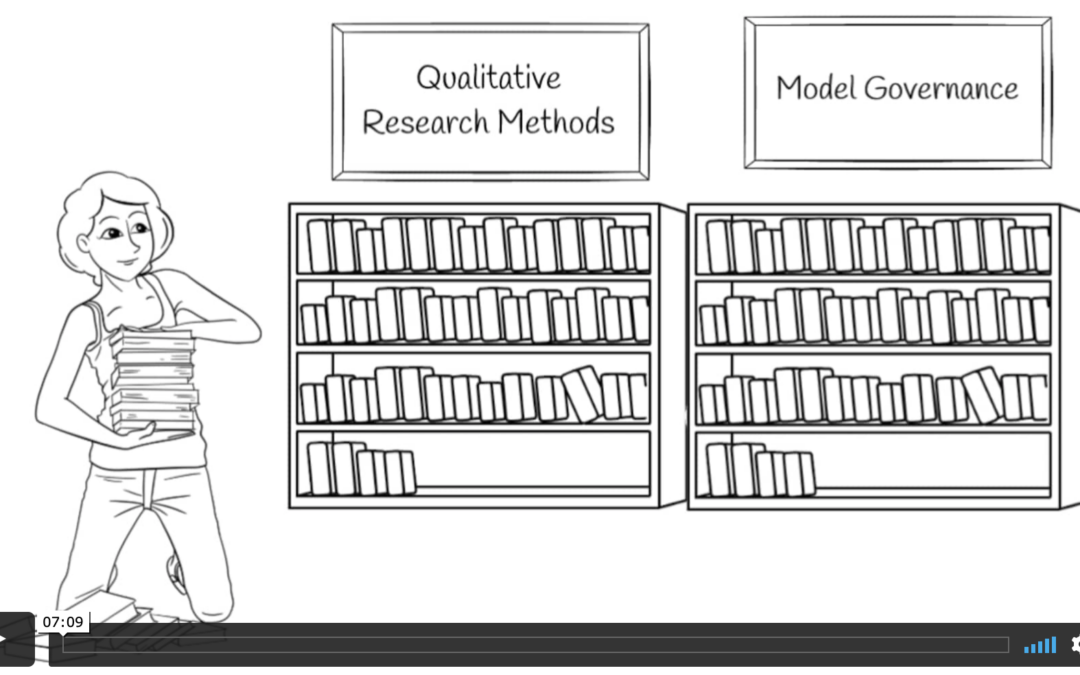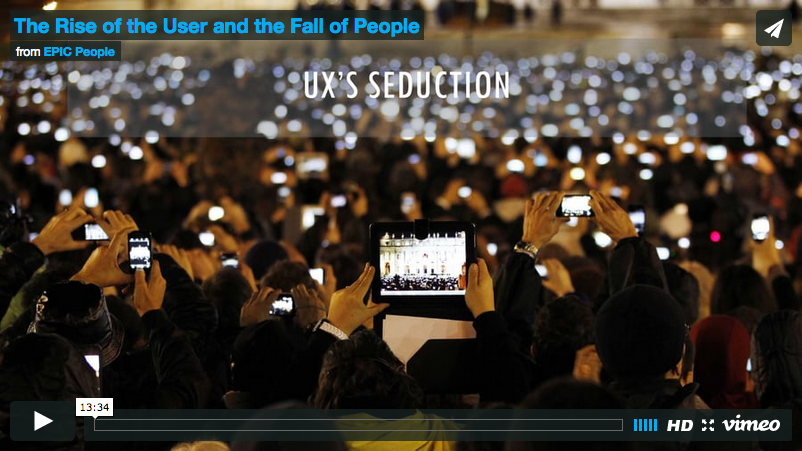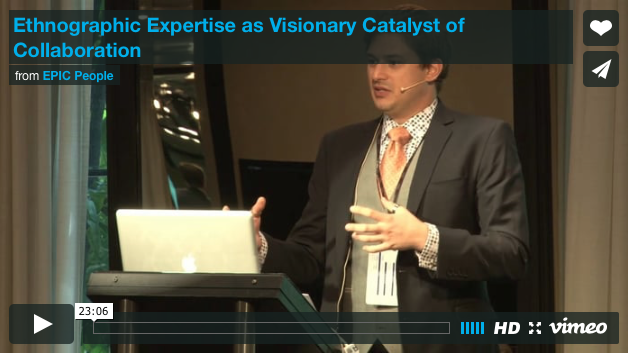We all strive to do work that has strategic value and to communicate our insights in ways that gain traction and make an...


We all strive to do work that has strategic value and to communicate our insights in ways that gain traction and make an...

It’s more important than ever to have a firm grasp of our full value as ethnographers. In addition to...

Renewal is not just about natural cycles of waxing and waning: sometimes it means a leap forward. The progress of ethnographic praxis in industry has been a gradual but steady evolution. Yet recent economic events and academic trends suggest that the moment has arrived for ethnographers to expand...

As ethnographers practicing within an engineering driven industry, we often struggle with visibility and its effects. Exposing the methodological and technical underpinnings of ethnographic practice can bring us closer to the teams we work with, but it can also draw attention to the ways that...

Remember the days when a main challenge of the EPIC community was convincing executives that humans weren’t just rational actors all the time? Back when arguing for the value of ethnographic research, thick data, and so forth, started with getting executives to realize that there was more to...

PechaKucha Presentation—In this presentation we argue that in many regulated industries such as banking, finance, and insurance, a post qualitative vs. quantitative world is not yet a reality. In such an environment, advanced analytics could be likened to being in its teenage years, while...

This paper examines how ethnographic praxis as a means for driving social change via industry, went from a peripheral, experimental field, to a normalized part of innovation and product development – only to be coopted from within by a new language of power. Since the 1980s anthropologists have...

Recent developments in the scholarship of ethnography, combined with growing recognition of the value of collaboration in business, present industrial ethnography with the opportunity to exercise greater agency and leadership. This paper considers updates to theory and practice of ethnographic...

This paper offers a cultural analysis of the different narratives that currently frame the concept of Big Data. With specific attention to how the ethnographic community has approached Big Data, I will make the point that the ethnographic community needs to rethink what its offer is within...

Many of us get into research because we love understanding human beings and want to help businesses design better...